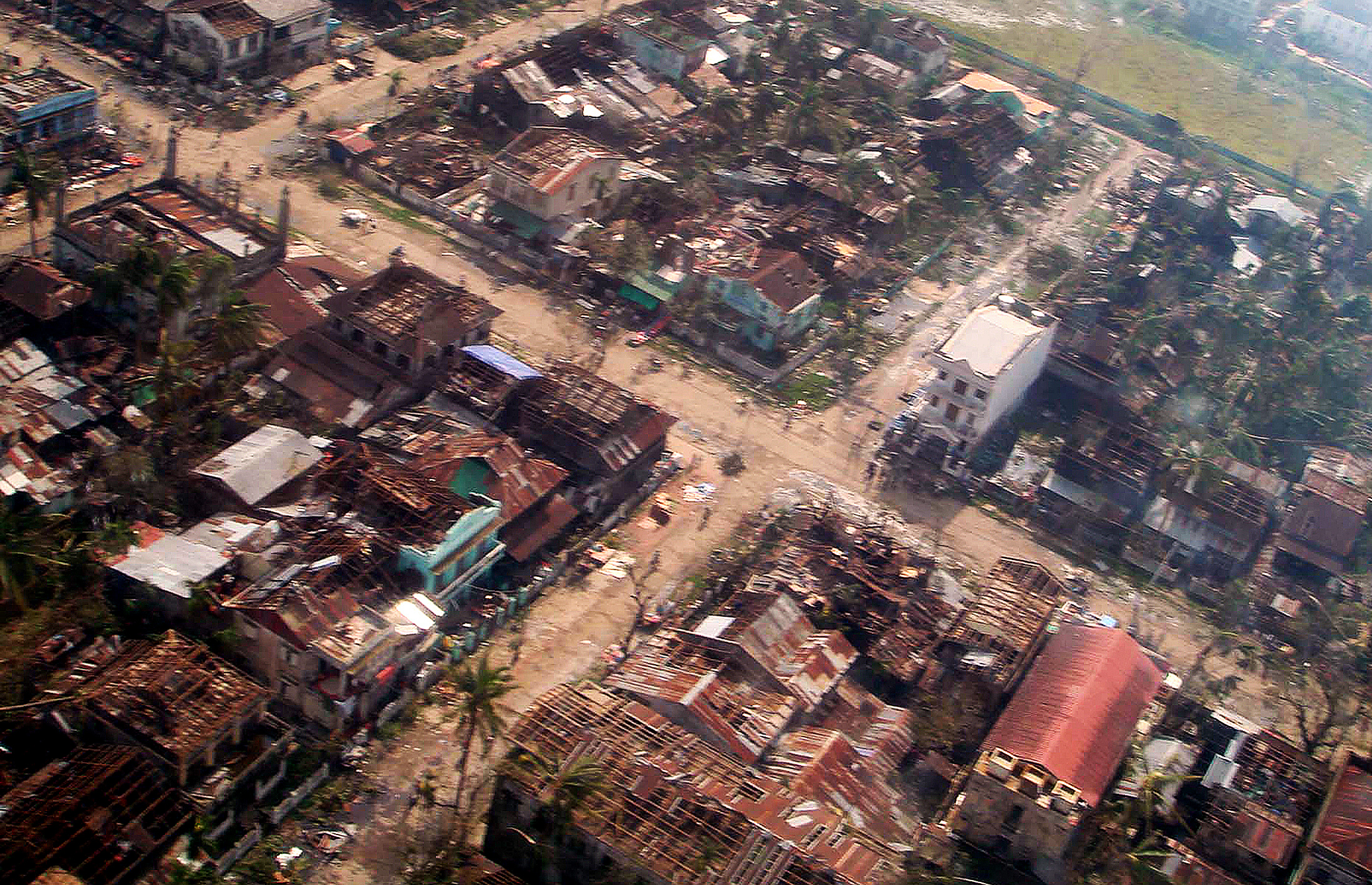
NASHVILLE, Tenn. (BP)–Southern Baptists are moving to respond in the aftermath of Cyclone Nargis, which struck Myanmar, a country in Southeast Asia also known as Burma, early May 3. The latest death toll stands at 22,000, with another 41,000 missing.
Nearly half the country’s population, some 24 million people, have been affected by the storm, which knocked out electricity in Yangon, the country’s largest city, and left up to 1 million people homeless. The United Nation’s World Food Program said some villages have been virtually wiped out and vast rice-growing areas destroyed from the cyclone’s winds of up to 120 mph.
Relief organizations are concerned about outbreaks of mosquito-borne diseases such as malaria and illnesses such as diarrhea that often occur in the wake of natural disasters because of dirty water and poor sanitation.
Baptist Global Response, a Southern Baptist international relief and development organization, is working with its local partners in Myanmar to get an on-ground assessment of the situation, but the massive disruption of communications and travel ports is making that difficult, said Jeff Palmer, executive director of Baptist Global Response. Stringent rules placed upon foreigners by the military government also complicate matters.
“At this time, BGR is doing all it can to assess and respond to this urgent need,” Palmer said. “We have made initial contact with some on-ground partners and have readied funds to be used for food, shelter and other emergency needs.
“It looks, however, as if it will be a few days before we can get government permission and resources in place to respond in an adequate manner,” Palmer added. “This seems to be a pattern that all relief and development agencies are experiencing at this point.
“Please pray for the people of Myanmar and those who are suffering,” Palmer said. “Pray also that we will find ways to get to the people in need in a timely manner.”
Myanmar’s military regime has signaled it will welcome aid from international organizations, which is unusual because the isolated country usually is suspicious of international organizations and closely controls their activities.
–30–
Compiled by Mark Kelly, an assistant editor at Baptist Press.

















